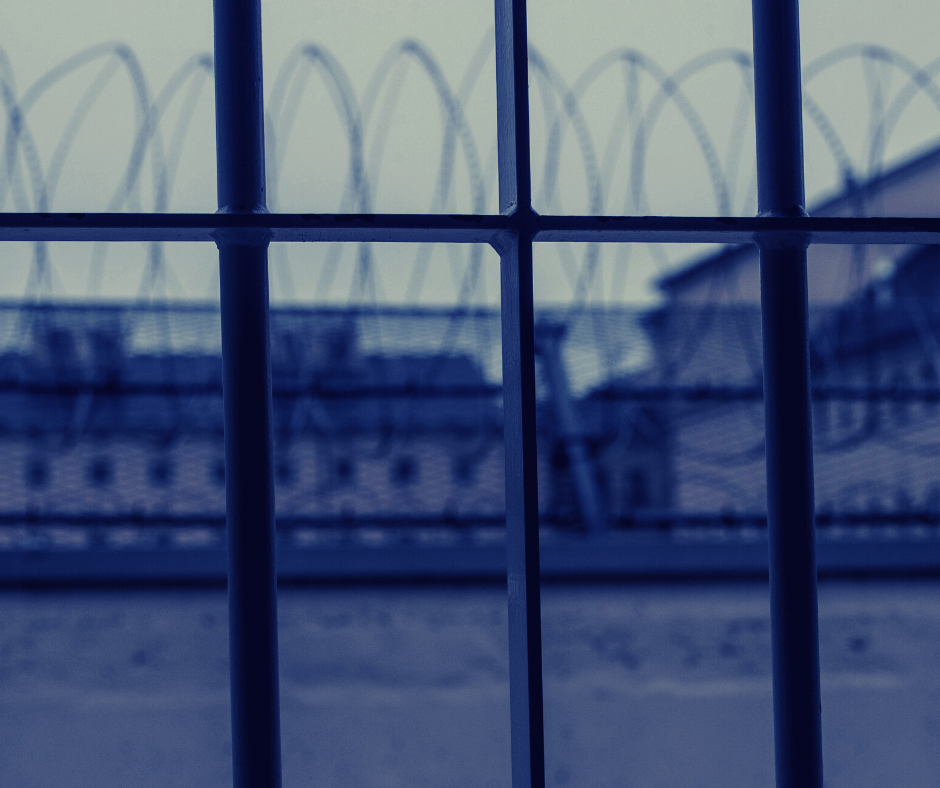A year after massive protests, 45% of Americans consider police brutality a serious issue. Following George Floyd’s murder, thousands marched, and millions signed petitions, called their representatives, and called for better policing. It is easy to think that the federal government has the power to fix this as a national issue, and the federal government has an important role. Still, local governments have a much more significant role than we realize.
This article will discuss police brutality, mass incarceration, and the criminal justice system as one topic because they are interconnected. The criminal justice system is largely carried out at a local level, involving city, county, and state governments. This is where most prisoners are held.
Police departments fall under the jurisdiction of local governments, meaning they are paid for by the local government, meaning cities have the power to defund the police. Cities decide if they want to arm their police officers heavily or if they want to invest in communities and programs that reduce crime in the first place. They decide police policy, like regulating the use of force, independent oversight, if ICE can co-opt police officers and training in de-escalation. Cities have the power to take money police departments don’t need and use it for violence prevention, investing in youth and job programs or programs that send more qualified staff to 911 calls where police are not necessary. An elected official, the sheriff, generally leads police departments.
After an interaction with the police, people face the rest of the criminal justice system, which incarcerates over 2 million people every year. The biggest issue leading to mass incarceration is overly lengthy sentencing. This is a problem that can also be addressed at the local level. Local prosecutors handle more than 95% of cases, and they hold incredible power. They get to choose what charges a person gets brought up on (for example if they are charged with second or third-degree assault) and generally decide the sentence.
94% of cases at the state level end up as plea bargains, and when this happens, the prosecutor’s recommendation for sentencing is almost always followed by the judge. Local prosecutors are generally attorneys for the city or county, meaning local elected officials can direct them. The lead or head prosecutor is often elected themselves. And the judge that hears the case is as well.
Police officers make the arrest, but prosecutors are the ones who decide if formal charges are filed. They can file charges more or less severe than those the police recommend. Prosecutors can even file charges against the officer for instances of police brutality. Two assistant attorney generals prosecuted Derek Chauvin, he was initially brought up on charges by the Hennepin County Attorney, and because of the high-profile nature, the case was taken over by the state Attorney General. Local prosecutors handle most cases like this.
If you want to end police brutality and mass incarceration and reform the criminal justice system, it is critical to pay attention to local elections. It is imperative that we elect local officials who support criminal justice reform. Rideshare2Vote believes in the power of local elections and why we run even in ‘off years,’ when most municipal elections are held.
by Betsy Zalinski

